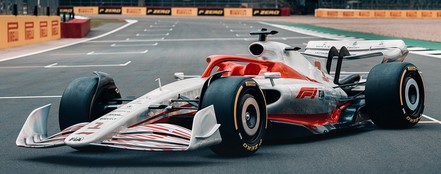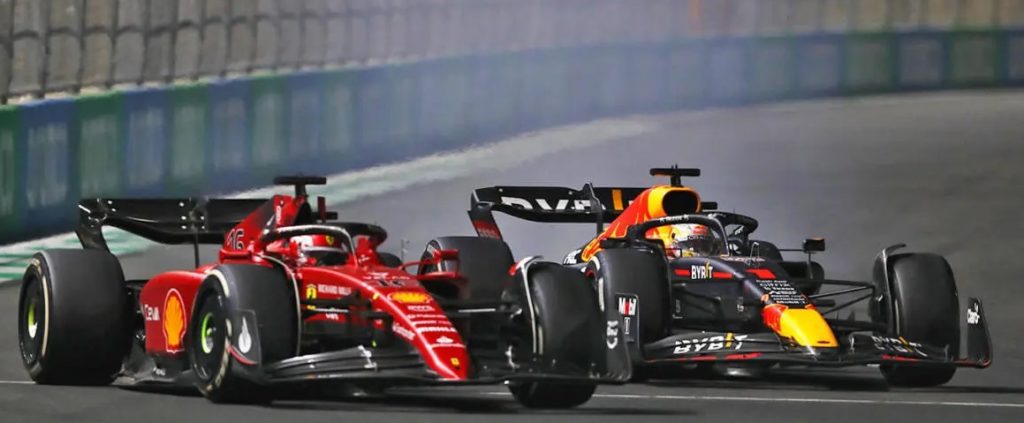I know that many of my Murkin Readers turn up their noses at football (okay, “soccer”) because it’s boring, full of fainting goats errr histrionic players and so on. In many cases, these opinions are justified, but often they are not, when you know the context and background to the action. Allow me, then, to give you an example.
The English Premier League (EPL) is justly regarded as the toughest upper-rank division in football, far ahead of similar leagues in Italy, Spain, Germany and even Brazil. EPL footballers are recruited from all over the world, as you will see, and in many cases these guys may play for their national teams, but often struggle to shine in the talent-studded EPL.
The competition among the EPL teams is intense because unlike America’s NFL, where franchises can change cities and therefore fan bases pretty much at will, football clubs are forbidden by law to move around, and thus the supporters’ loyalty could be rooted in over a century’s tradition. (Hence, by the way, the frequent affrays that occur between the various teams’ fans when they come up against each other.)
The EPL is also expensive, as players cost many millions of dollars to acquire, and their weekly salaries are sometimes in the hundreds of thousands of pounds. Thus the pressure to perform at a high level for both teams and players is intense, and can be cold-hearted when the standards aren’t met.
Let me give you just two teams as an example of all the above, and highlight a couple of players as well.
Tottenham Hotspur is a London-based team, and their results over the past several years have been disappointing to their fans. Seldom in the top four at season’s end, there’s actually little reason for them not to be near the top, except maybe for bad management or, as in recent times, indifferent tactics and performance by their midfield and defense. (I should point out that Spurs’ brilliant goalkeeper Hugo Lloris plays for the World Cup-winning French national team.) Tottenham’s attack is almost without peer, not just in terms of individual skills, but also in their ability to pair up and create goals and assists for each other. The two mainstays of the side are England’s #1 striker Harry Kane [sic] and South Korea’s equally-skilled Son Heung-Min (who’s captain of the Korean team). At the end of the past five seasons, Son and Kane have not only amassed dozens of individual goals, but also a dizzying number of assists for each other — the combination of goals and assists for this pair is, and has long been, consistently higher than any other EPL team has been able to match let alone beat. The duo is not only supported but worshiped by Spurs fans.
Sadly, though, Son has had a drop-off in form for the opening half-dozen matches of the 2022/23 EPL season — there seems to be no apparent reason, because he’s pretty much at his peak in age, ability and dedication — but his recent slump caused Tottenham’s manager to bench him for their last match, against Leicester City.
Which brings me to the other team.
Leicester City (pronounced “Lester Sitt-eh” for the Murkins) has been around since 1884, and has seldom won many competitions — sometimes even relegated to the lower leagues — but in the past half-dozen years has become a powerhouse, even winning the 2015/2016 EPL championship. Since then, Leicester has settled down as a tough middle-order club, with occasional stunning victories over much stronger clubs. They have not been a pushover, in other words — until the beginning of the current season, where they have been languishing near the bottom of the EPL table. So Leicester’s next match, against Tottenham, was going to be fought as underdogs — but always with the knowledge that Leicester are a lot better than their lowly position on the table would indicate, even without their star England striker Jamie Vardy through injury.
So on to the match (match #8 in the 35-match season), played two weeks ago.
Despite the disparity in league position, the two teams were fighting on equal terms, goals being scored freely and almost all resulting from great performances and masterful tactics from both sides. At the 60-minute mark, Spurs were leading 3-2, but the scoreline flattered them because Leicester was not only controlling much of the game, they’d also missed a couple of goal-scoring opportunities which could easily have resulted in the score being reversed in their favor.
At this point, then, the Spurs manager made a substitution, sending on the woefully out-of-form Son Heung-Min.
And magic happened.
Please take fifteen minutes out of your day to watch the highlights video, because it’s one of the most dramatic sporting events I’ve ever seen.










